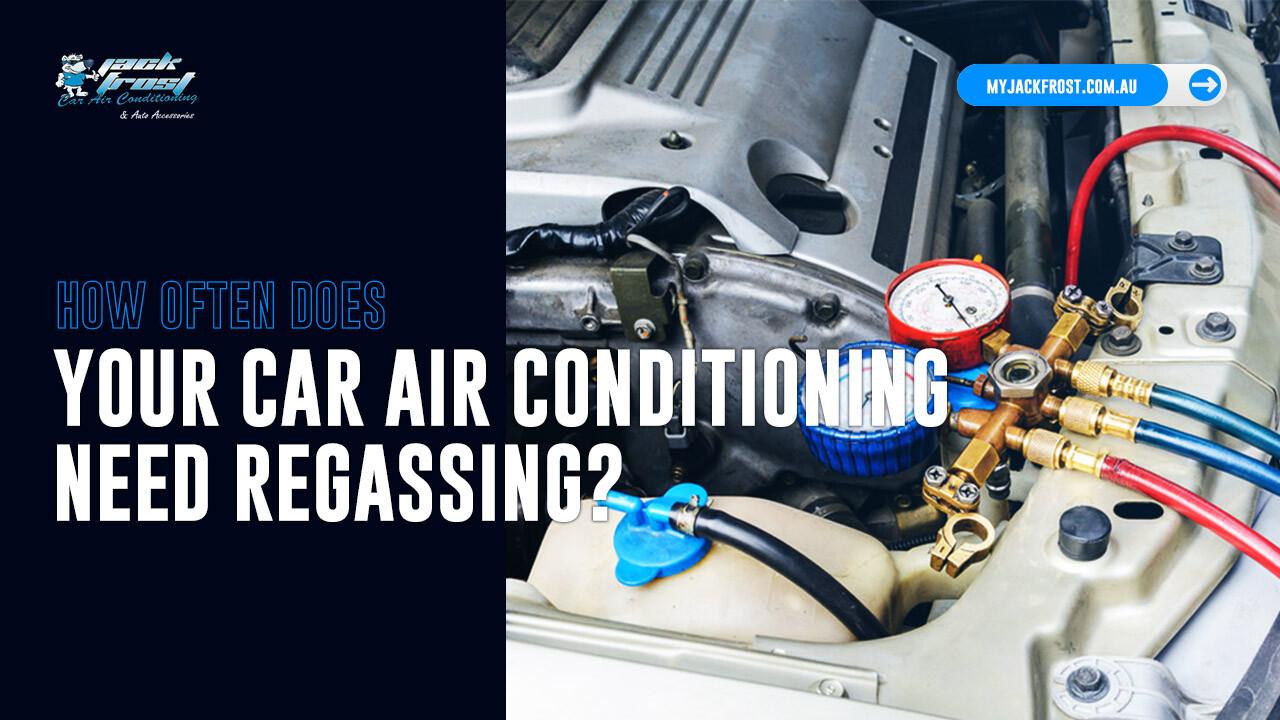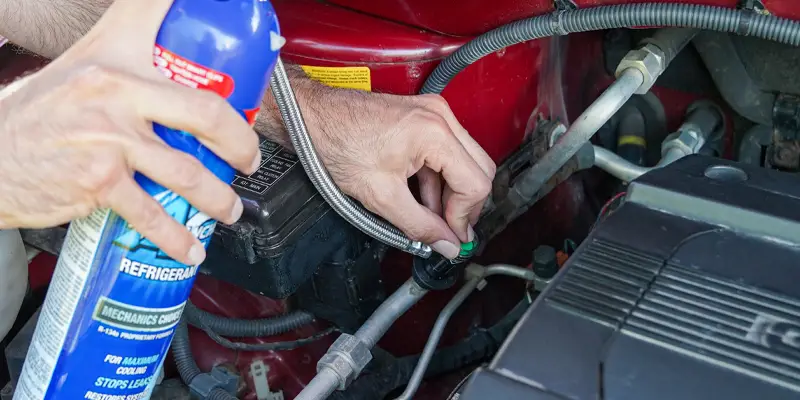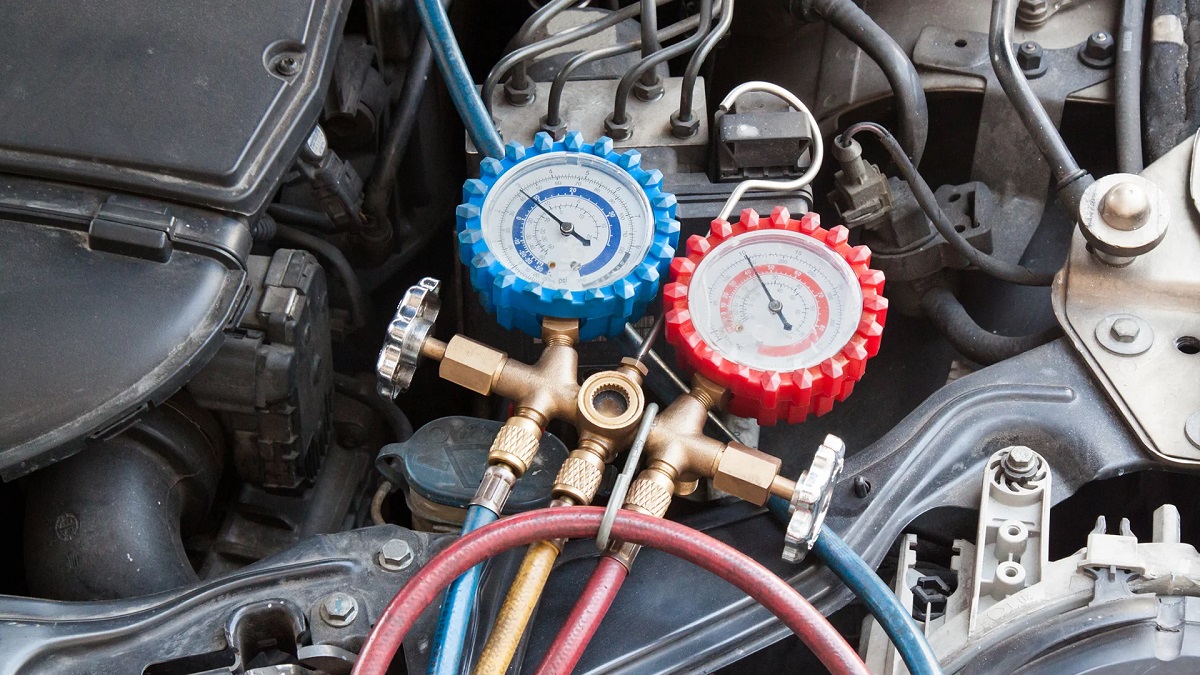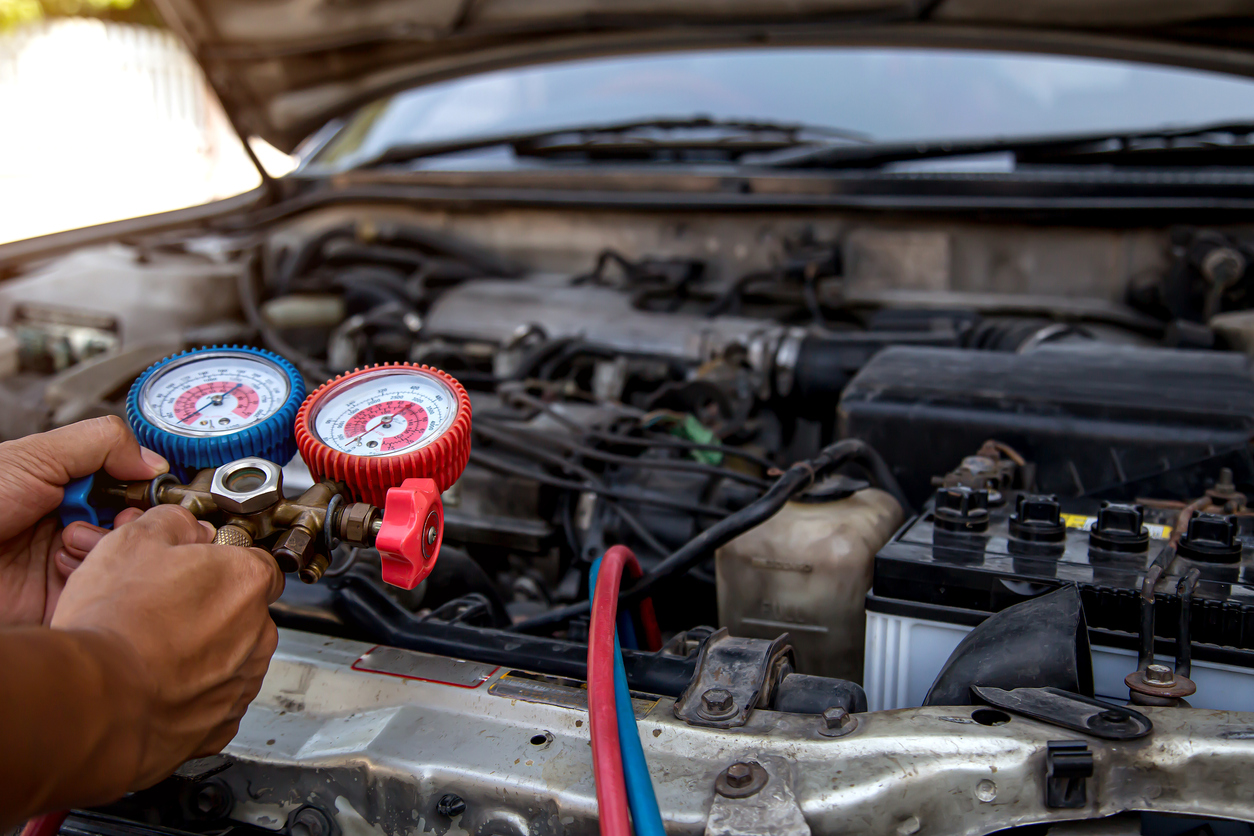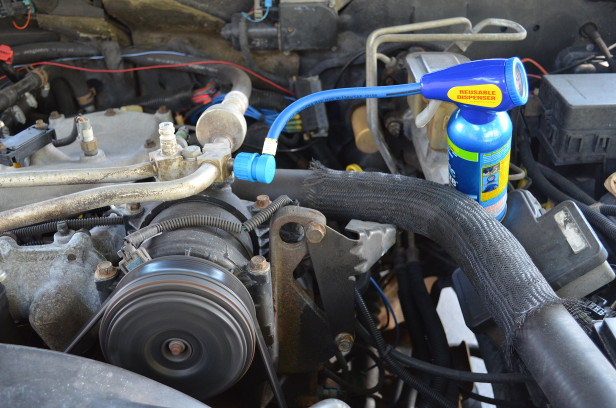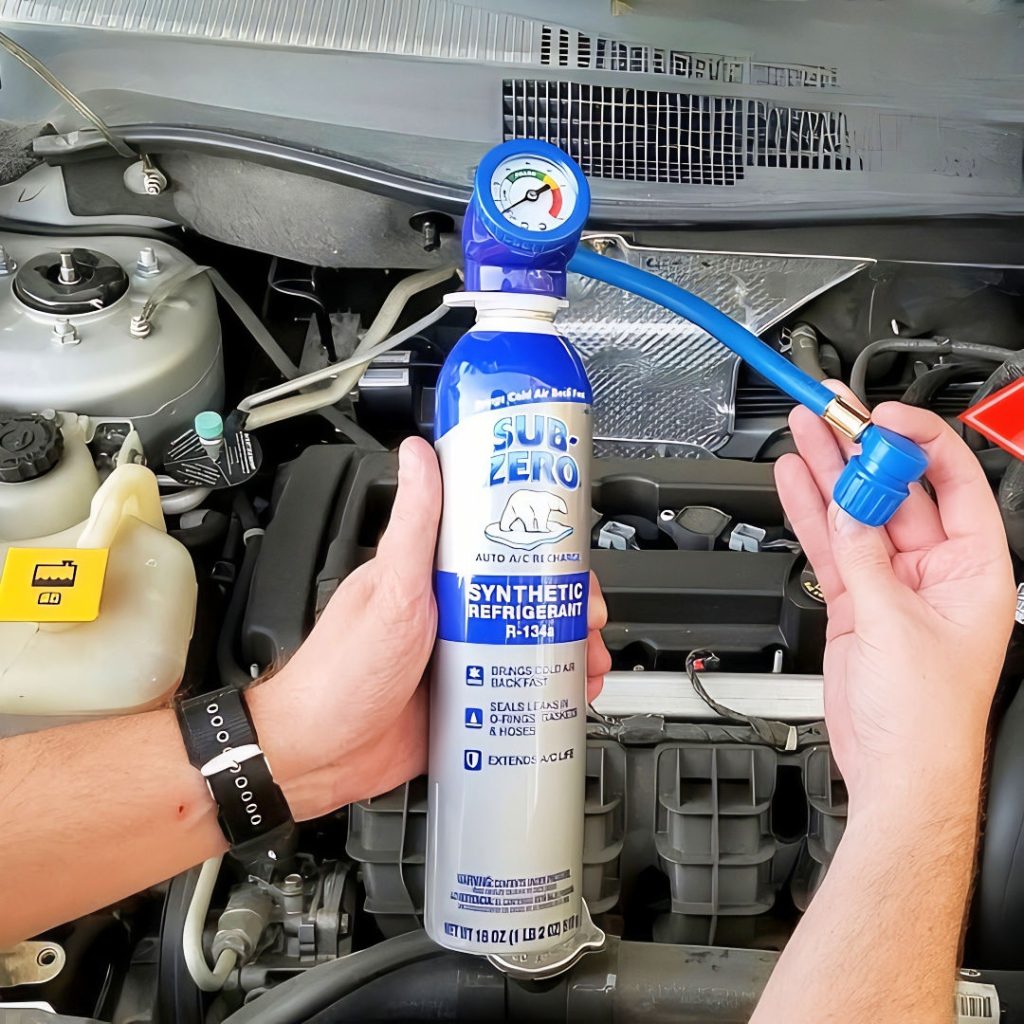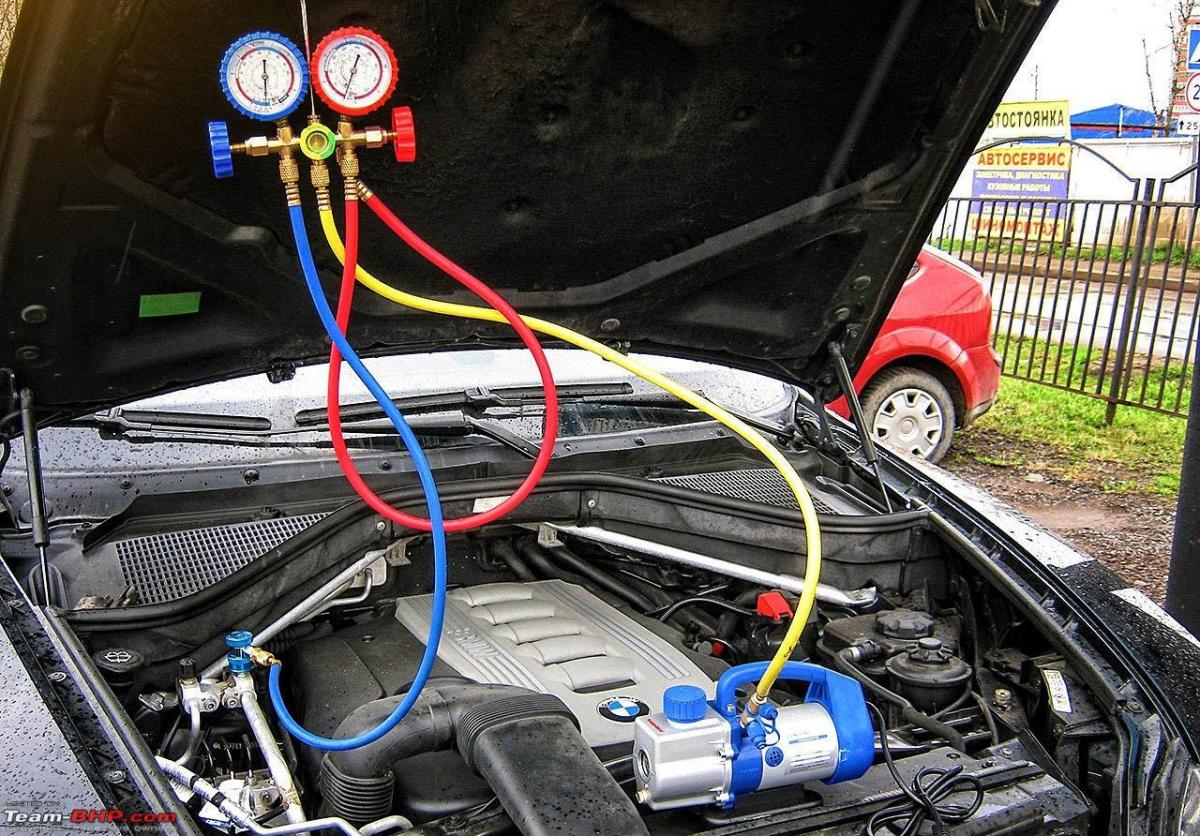How Often Do You Have To Recharge Your Car Ac

The summer sun beats down, turning car interiors into scorching ovens. A functioning air conditioning system isn't just a comfort; it's often a safety necessity. But how often should you expect to recharge your car's AC, and what factors influence its lifespan?
This is not a simple "once a year" or "every five years" answer. The longevity of your AC's refrigerant charge depends on a complex interplay of vehicle age, usage habits, climate, and the overall health of the system. Understanding these variables is crucial for maintaining a cool and comfortable ride and avoiding costly repairs down the road.
The Nut Graf: Decoding AC Recharge Frequency
The average car AC system, under normal operating conditions, might not require a recharge for 3-5 years. However, this is a broad estimate. Small leaks, component wear, and even the natural permeation of refrigerant through hoses can shorten this timeframe significantly.
Ultimately, the need for a recharge is dictated by performance. If your AC struggles to cool the cabin, blows warm air, or cycles erratically, it's time to investigate.
Factors Influencing Recharge Intervals
Age of the Vehicle
Older vehicles, especially those over ten years old, are more prone to refrigerant leaks. Hoses can become brittle, seals can dry out and crack, and even the compressor can develop internal leaks over time. Regular inspections become increasingly important with age.
Additionally, older systems may use R-12 refrigerant, which is no longer produced. Retrofitting to a more modern refrigerant (like R-134a or HFO-1234yf) can introduce new potential leak points if not done meticulously.
Usage Habits and Climate
Frequent AC use, particularly in hot climates, puts added stress on the system. Running the AC at maximum cooling constantly can accelerate wear and tear on the compressor and other components. This increases the likelihood of leaks and refrigerant loss.
Conversely, infrequent use can also be detrimental. The lack of lubrication can cause seals to dry out and crack. This leads to refrigerant seepage.
Refrigerant Type
Different refrigerants have different permeation rates. Older refrigerants like R-12 tended to leak more readily than newer alternatives. The latest refrigerant, HFO-1234yf, is purported to be more environmentally friendly but may also have different leakage characteristics.
It's crucial to use the correct type of refrigerant specified by the vehicle manufacturer. Mixing refrigerants can damage the AC system and void warranties.
System Health and Maintenance
Regular maintenance, including inspections for leaks and proper lubrication, can significantly extend the life of your AC system. A simple pressure test can identify leaks before they become major problems.
Addressing minor issues promptly, such as replacing worn hoses or seals, can prevent the need for a full recharge in the future. Neglecting the AC system can lead to compressor failure, a much more expensive repair than a simple recharge.
Detecting the Need for an AC Recharge
The most obvious sign is a noticeable decrease in cooling performance. If your AC is blowing warm air or struggling to maintain a comfortable temperature, it's likely low on refrigerant.
Other symptoms include unusual noises from the compressor, such as rattling or squealing, and erratic cycling, where the AC blows cold air intermittently. A professional AC system diagnosis is the best way to know for sure if it needs recharging.
Some vehicles have warning lights or messages that indicate a problem with the AC system. Consult your owner's manual for details.
Professional vs. DIY Recharge
While DIY AC recharge kits are available, they are generally not recommended unless you have experience working on automotive AC systems. Improperly charging the system can damage components and even pose a safety risk.
Overcharging or undercharging can lead to inefficient operation and premature component failure. Furthermore, DIY kits often lack the tools and equipment needed to properly diagnose and repair leaks. A professional technician can accurately diagnose the problem, identify and repair leaks, and ensure the system is properly charged.
Environmental Considerations
Refrigerants are potent greenhouse gases. Releasing them into the atmosphere contributes to climate change. It's essential to have your AC system serviced by a qualified technician who can properly recover and recycle refrigerant.
Never vent refrigerant into the atmosphere. This is illegal and environmentally irresponsible. Look for certified technicians who follow best practices for refrigerant handling.
The Future of Automotive AC
The automotive industry is moving towards more environmentally friendly refrigerants and more efficient AC systems. HFO-1234yf is becoming increasingly common, and research is ongoing to develop even more sustainable alternatives. Electric vehicles often use heat pumps for both heating and cooling, offering greater efficiency.
Advances in technology are also leading to more sophisticated AC systems with features like zonal climate control and improved air filtration. These advancements promise greater comfort and efficiency.
Conclusion: Proactive Maintenance is Key
There's no fixed schedule for recharging your car's AC. Instead, focus on proactive maintenance and address any performance issues promptly. Regular inspections, leak detection, and proper refrigerant handling will keep you cool and comfortable for years to come. Consulting with a trusted mechanic for routine checks and addressing any cooling inefficiencies early on is the best approach to ensure lasting performance and avoid costly repairs.


